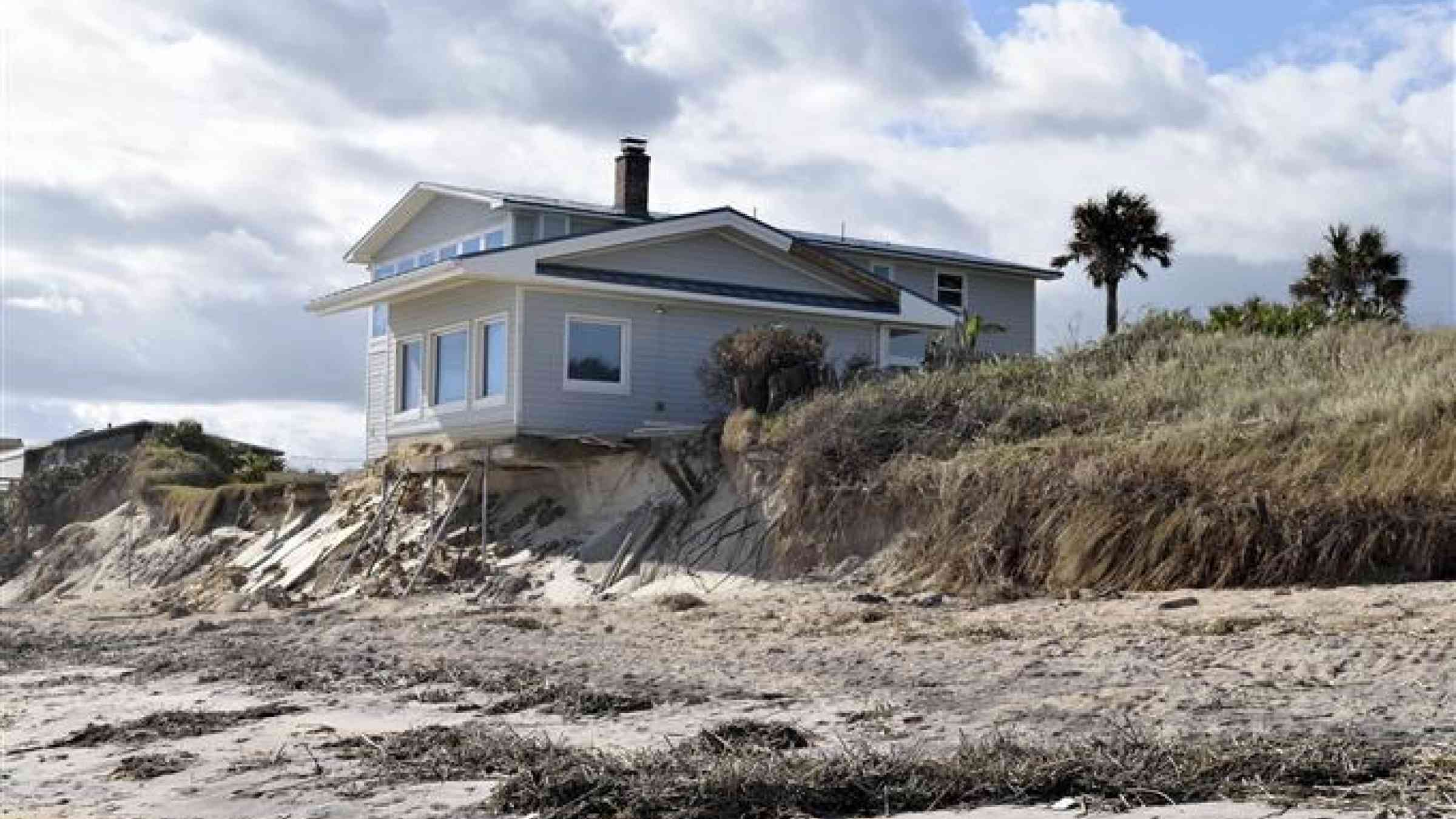
By Robert Glasser and Petteri Taalas
[...]
Climate risk exacerbates the more general risk of disasters that humanity has always faced. Over the last 40 years there has been a doubling of extreme weather events which have caused huge loss of life, disrupted billions of lives and caused staggering economic losses.
Fortunately, thanks to the many great improvements in early warning systems which have taken place, including as a result of the use of weather satellites, the development of meteorological services at national level, and the early action taken by civil protection systems to organize timely evacuations, mortality numbers from weather-related disasters have been on the decline.
Further improving multi-hazard early warning systems is high on the agenda of next month’s biennial Global Platform for Disaster Risk Reduction in Cancun, Mexico. However, these latest tragedies are a reminder that early warning needs to be combined with prevention, preparedness and policies to address economic and social pressures. In this way we can reduce mortality, the numbers of people affected by disasters, and economic losses as outlined in the global plan adopted two years ago by UN Member States, the Sendai Framework for Disaster Risk Reduction.
[...]